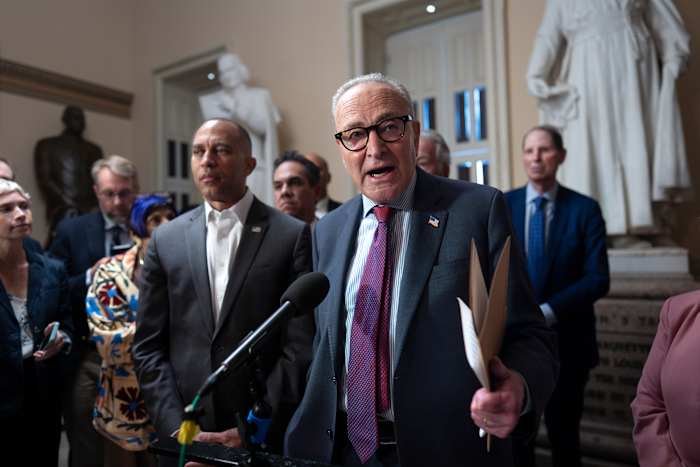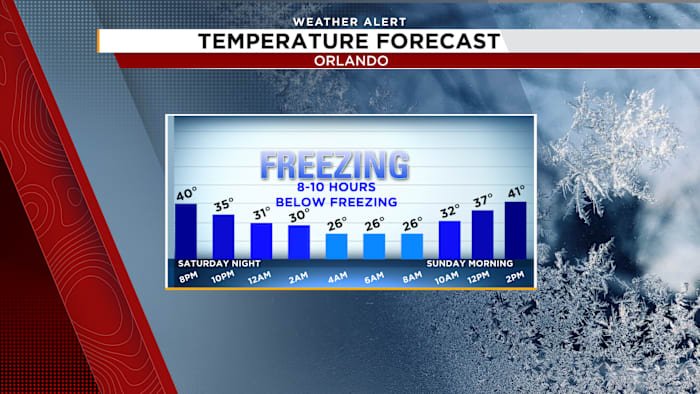Millions of Americans, including many right here in Orlando, could soon be facing a steep rise in health insurance premiums if Congress fails to extend key tax credits that have kept coverage affordable since the COVID-19 pandemic. With bipartisan support growing in Washington, D.C., the future of these crucial subsidies hangs in the balance, leaving families, workers, and small business owners across Central Florida in anxious anticipation. In this article, we break down what’s at stake, who would be affected, and how this issue resonates locally in Orlando.
What Are the Health Insurance Subsidies at Risk?
During the COVID-19 crisis, Congress passed legislation that expanded health insurance subsidies for Americans purchasing coverage through the Affordable Care Act (ACA) marketplace. These tax credits, often referred to as “premium subsidies,” dramatically lowered monthly premium costs for millions. For many Orlando families, this meant access to quality health care that was previously unaffordable, especially for individuals who lost employer-sponsored insurance during the pandemic.
However, these enhanced subsidies are set to expire at the end of the year unless Congress extends them. Without action, premiums could jump by hundreds of dollars per month for some families, threatening to reverse the progress made in reducing the number of uninsured Floridians.
How Would Orlando Residents Be Impacted?
Orlando is home to a diverse workforce, including many employed in tourism, hospitality, retail, and the gig economy—sectors hit hard by the pandemic. According to the Kaiser Family Foundation, Florida saw a significant increase in ACA marketplace enrollments after the subsidies were expanded, with Orange County residents among those benefiting the most.
If the subsidies expire:
- Premiums could rise by 50% or more for some Orlando residents, particularly older adults and middle-income families who don’t qualify for Medicaid but struggle to afford full-price coverage.
- Uninsured rates could climb in Central Florida, as individuals drop coverage due to cost, undermining efforts to improve public health.
- Small business owners and self-employed workers—a growing segment in Orlando’s entrepreneurial ecosystem—would face higher expenses, making it tougher to offer or maintain health coverage.
What’s Happening in Congress?
There is rare bipartisan agreement on the need to extend these subsidies, with lawmakers recognizing the real-world impact on constituents. Both Republican and Democratic members from Florida have voiced support for continuing the tax credits, citing their importance to working families and the state’s economic recovery.
Despite this support, negotiations continue over how long to extend the subsidies and how to pay for them. Advocates warn that any delay could cause confusion during the fall open enrollment period, as insurers set rates and families make coverage decisions for 2025. Orlando’s health care providers and local nonprofits are urging Congress to act swiftly to avoid disruption.
What Can Orlando Residents Do?
With so much at stake, Orlando residents are encouraged to stay informed and make their voices heard. Here are a few steps locals can take:
- Contact your representatives: Let your members of Congress know how important affordable health insurance is to you and your family.
- Check your coverage options: Use the HealthCare.gov website or connect with local certified navigators who can help you understand how potential changes might affect your premiums.
- Share your story: Many advocacy groups are collecting testimonials from people who have benefited from the subsidies. Personal stories can make a difference in shaping policy decisions.
Looking Ahead: The Future of Health Coverage in Orlando
The outcome of this debate will have lasting effects on the health and financial security of Orlando families. If Congress acts to extend the subsidies, thousands in Central Florida will continue to have access to affordable coverage, supporting a healthier, more stable community. If not, the region could see a spike in uninsured rates and increased strain on local hospitals and clinics.
As Orlando continues to grow and diversify, ensuring access to affordable health care remains a top priority. The coming weeks will be critical as lawmakers decide the fate of these vital tax credits.
Conclusion
The looming expiration of expanded health insurance subsidies is a pressing issue for Orlando and communities across the country. With bipartisan support in Congress, there’s hope for a positive resolution—but the clock is ticking. Have you or your family been affected by these subsidies? Do you have concerns about your health insurance premiums? We want to hear from you! Share your thoughts and experiences in the comments below.
















